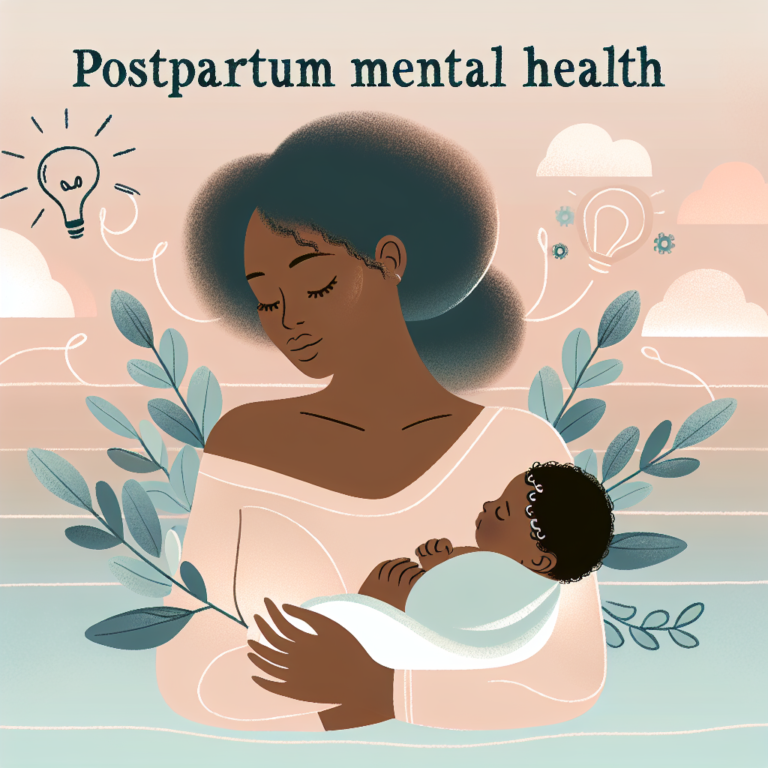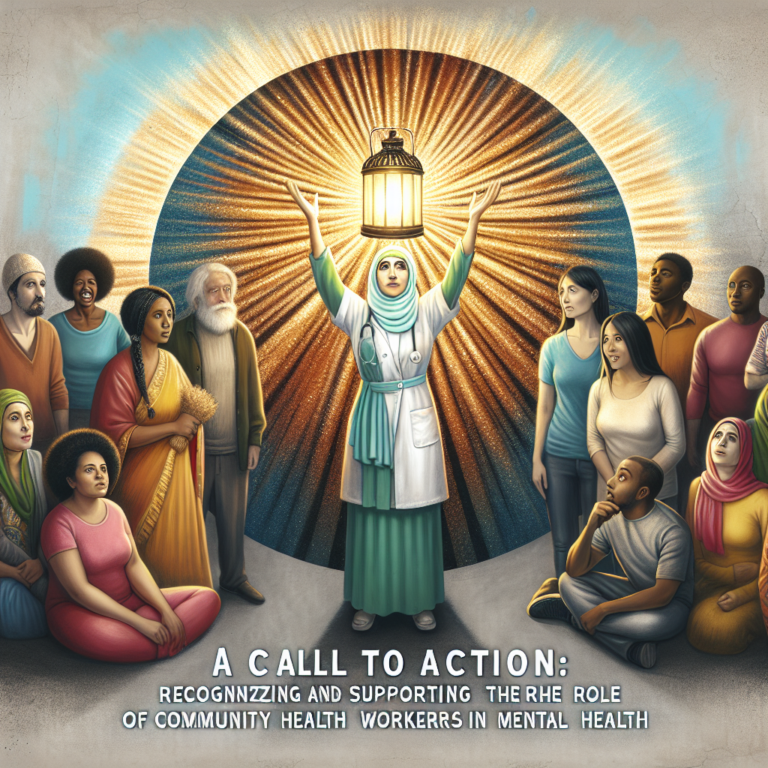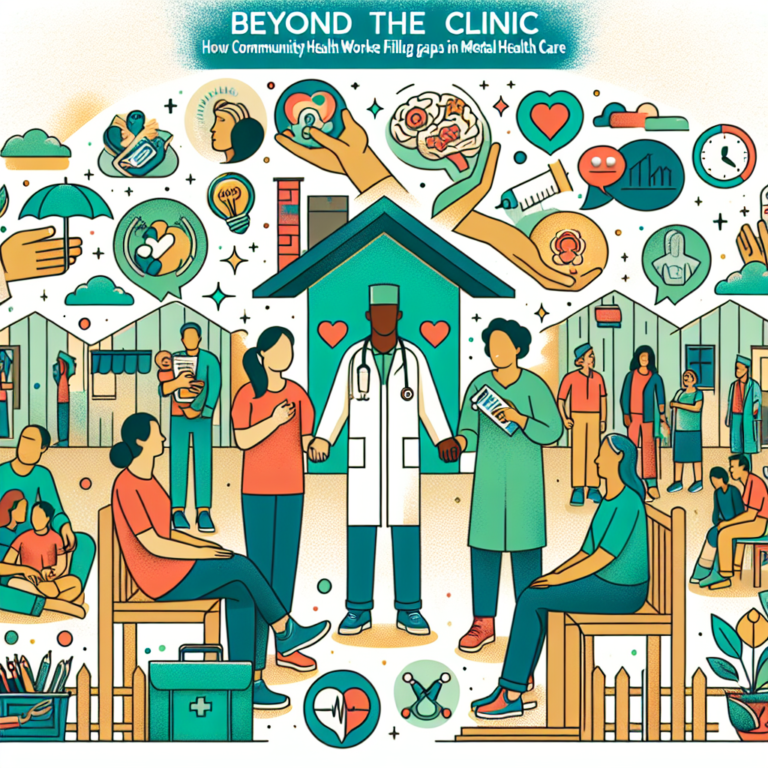Pregnancy and motherhood are often portrayed as joyful, fulfilling experiences. However, the reality is that they can also be incredibly challenging, both physically and mentally. The mental health of pregnant and postpartum women is a topic that is often swept under the rug, leading to the perpetuation of stigmas surrounding mental health issues during and after pregnancy.
One of the most common mental health issues experienced by pregnant and postpartum women is postpartum depression. According to the American Psychological Association, postpartum depression affects approximately 1 in 7 women and can have serious consequences for both the mother and the baby. Despite its prevalence, many women are hesitant to seek help due to the stigma surrounding mental health issues.
There are a variety of factors that contribute to the stigmatization of mental health issues during and after pregnancy. One major factor is the pressure to appear happy and perfect as a mother. Society often places unrealistic expectations on women to effortlessly juggle motherhood, work, and personal responsibilities, leading to feelings of shame and inadequacy when these expectations are not met.
Another factor is the fear of judgment from others. Women may worry that seeking help for mental health issues will lead to them being labeled as unfit mothers or that they will be seen as weak or needy. This fear can prevent women from reaching out for the support and treatment they desperately need.
In order to address these stigmas and support the mental health of pregnant and postpartum women, it is crucial to have open and honest conversations about the struggles that many women face during this time. Education and awareness are key in breaking down the barriers to seeking help and reducing the stigma surrounding mental health issues.
Healthcare providers also play a crucial role in addressing mental health stigmas during and after pregnancy. It is important for healthcare providers to screen for mental health issues and provide appropriate support and resources for women who are struggling. By normalizing discussions about mental health and providing access to treatment and support, healthcare providers can help women feel more comfortable seeking help.
It is also important for society as a whole to change the way we talk about mental health during and after pregnancy. Instead of viewing mental health issues as a sign of weakness or failure, we need to recognize them as common and treatable conditions that require support and compassion.
Ultimately, the silent struggle of addressing mental health stigmas during and after pregnancy can only be overcome through open and honest conversations, increased education and awareness, and a shift in societal attitudes towards mental health. By working together to break down the barriers to seeking help and supporting women in their journey through pregnancy and motherhood, we can create a more compassionate and understanding environment for all mothers.










